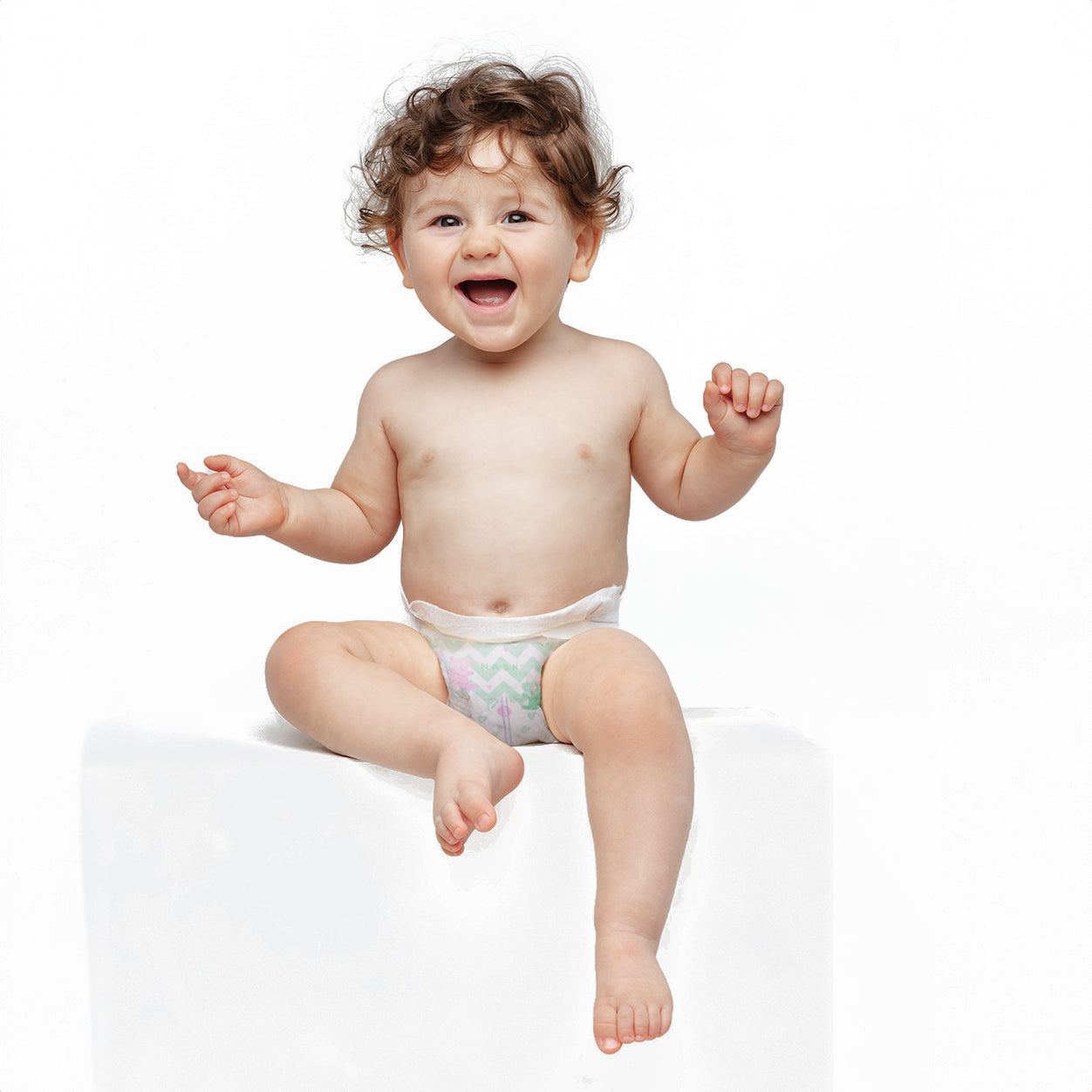
Seven Must-Known Facts about Baby Skin
Take Proper Care of Your Baby’s Delicate Skin
It is important for new parents to understand and care for your baby's delicate skin. The characteristics of baby's skin are very different from adults. So it require special caring skills. Mastering these must-know facts will not only better protect your baby's skin health, but also allow parents to be more prepared. Let’s go through the seven important facts about baby’s skin.
Weak and Sensitive
The thickness of the epidermal layer of newborn babies' skin is only 20%-30% of adults. The skin is easily damaged, so parents should choose soft materials, such as diapers, towels, blankets, etc. In the first few months after birth, the natural barrier of the baby's skin has not yet fully developed, such as epidermal barrier, immune cells, etc. It is more likely for baby to be allergic to cosmetics, detergents, clothing materials, etc. It’s important to use gentle, non-irritating care products.
Dissipates Heat Mainly through the Skin
Babies have a greater skin surface area than their body weight, making it easier for them to lose heat through their skin relative to their volume. This means parents should maintain the appropriate ambient temperature which is not too cold or too hot to prevent a loss of body temperature.
Very Easy to Lose Water
The moisture content of newborn skin is only 30% of adults, which makes their skin more fragile and prone to dryness. You need to moisturize regularly, apply moisturizer and avoid using dry products.
Lack of Melanin
Babies' skin have less melanin and cannot effectively absorb and block ultraviolet rays. They are more susceptible to sunburn. You should avoid direct sunlight on your baby and apply sunscreen products when necessary.
Micro-ecology is Gradually Establishing
After birth, the microbial community on the baby's skin is still gradually establishing, It will take some time to reach adult-level diversity and stability. Care should be taken to avoid disrupting this process. E. coli and Candida albicans in urine and feces can lead to an imbalance in the microbial community, resulting in infection. Since the skin is a whole system, if not treated in time, local inflammation may develop throughout the whole body.
Cream Coating
The milky white creamy film on a newborn's body when it was born can help keep the skin moist, acting as a natural barrier. And it is a good skin protective layer. An interesting fact is that babies usually smell good. Some scientists believe that this milky film may be the source.
Diaper Rash is Common
The moisture and friction of the diaper environment can easily lead to diaper rash, which causes redness and stinging of the skin. Once you find that your baby has diaper rash, you should deal with it immediately. For example, choosing NASK diapers with anti-rash and sterilizing effects, changing diapers in time , and using diaper rash cream.
In short , it is very important to take good care of your baby's fragile and sensitive skin. It is necessary to choose mild and non-irritating care products and pay attention to controlling the temperature and humidity of the environment .







Leave a comment
This site is protected by hCaptcha and the hCaptcha Privacy Policy and Terms of Service apply.